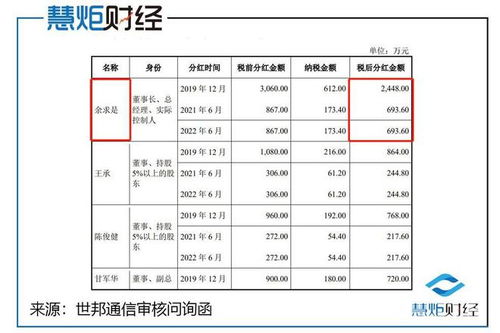Title: Integrating PHP in Ecommerce ERP Solutions
In the realm of Ecommerce, PHP (Hypertext Preprocessor) plays a crucial role in developing robust, scalable, and efficient solutions. When it comes to integrating PHP into Ecommerce Enterprise Resource Planning (ERP) systems, it's essential to understand the landscape, challenges, and best practices. Let's delve into this integration process and explore how PHP can enhance the functionality and performance of ERP systems in the Ecommerce domain.
Understanding Ecommerce ERP Integration:
Ecommerce ERP integration involves amalgamating various business processes, including inventory management, order processing, customer relationship management (CRM), and financials, into a unified platform. PHP serves as a versatile scripting language for developing dynamic web applications, making it an ideal choice for building ERP solutions for Ecommerce businesses.
Benefits of PHP in Ecommerce ERP:
1.
Flexibility and Customization:
PHP offers a high degree of flexibility, allowing developers to tailor ERP solutions to the specific needs of Ecommerce businesses. Whether it's adding new features, integrating thirdparty services, or modifying existing functionalities, PHP facilitates seamless customization.2.
CostEffectiveness:
PHP is an opensource language, which means there are no licensing fees associated with its usage. This makes it a costeffective option for developing Ecommerce ERP solutions, especially for small and mediumsized enterprises (SMEs) with budget constraints.3.
Scalability:
Ecommerce businesses experience fluctuations in demand, especially during peak seasons. PHPbased ERP systems can easily scale to accommodate growing data volumes and user traffic, ensuring optimal performance at all times.4.
Rich Ecosystem:
PHP boasts a vast ecosystem of frameworks, libraries, and tools that expedite ERP development. Frameworks like Laravel, Symfony, and CodeIgniter provide robust architectural patterns and builtin functionalities, streamlining the development process.Challenges and Considerations:
While PHP offers numerous advantages, integrating it into Ecommerce ERP systems poses certain challenges:
1.
Security Concerns:
Ecommerce ERP systems deal with sensitive customer data, making security a top priority. PHP developers must adhere to best practices such as input validation, data sanitization, and encryption to mitigate security risks and safeguard against vulnerabilities.2.
Integration Complexity:
Integrating disparate systems within an ERP framework can be complex, requiring seamless data synchronization and communication between modules. PHP developers need to employ efficient integration techniques such as API (Application Programming Interface) integration and data mapping to ensure smooth interoperability.3.
Performance Optimization:
As Ecommerce ERP systems handle large datasets and concurrent user requests, optimizing performance becomes crucial. PHP developers should employ caching mechanisms, database optimization techniques, and code profiling to enhance system responsiveness and scalability.Best Practices for PHP Ecommerce ERP Integration:
1.
Modular Architecture:
Adopt a modular architecture for the ERP system, allowing individual components to be developed, tested, and deployed independently. This enhances maintainability, scalability, and code reusability.2.
APIFirst Approach:
Embrace an APIfirst approach to facilitate seamless integration with external systems, thirdparty services, and Ecommerce platforms. Expose welldocumented APIs that adhere to industry standards such as REST or GraphQL for interoperability.3.
Automated Testing:
Implement comprehensive automated testing suites, including unit tests, integration tests, and endtoend tests, to ensure the reliability and stability of the ERP system. Continuous integration (CI) and continuous deployment (CD) pipelines can automate the testing and deployment process, reducing timetomarket.4.
Scalable Infrastructure:
Leverage cloudbased infrastructure providers such as AWS (Amazon Web Services) or Google Cloud Platform to build scalable, resilient, and costefficient ERP solutions. Utilize services like Amazon RDS (Relational Database Service) for database management and Amazon EC2 (Elastic Compute Cloud) for scalable computing resources.Conclusion:
Integrating PHP into Ecommerce ERP solutions empowers businesses to streamline operations, enhance productivity, and deliver superior customer experiences. By leveraging PHP's flexibility, scalability, and rich ecosystem, developers can build robust ERP systems tailored to the unique requirements of Ecommerce enterprises. However, it's imperative to address security, integration challenges, and adhere to best practices throughout the development lifecycle to ensure the success of PHPbased Ecommerce ERP implementations.











